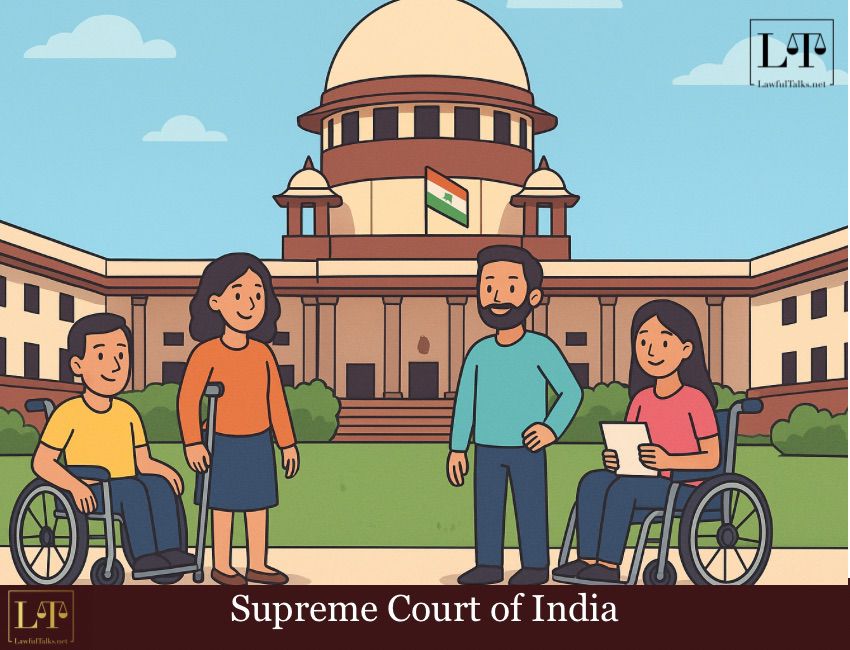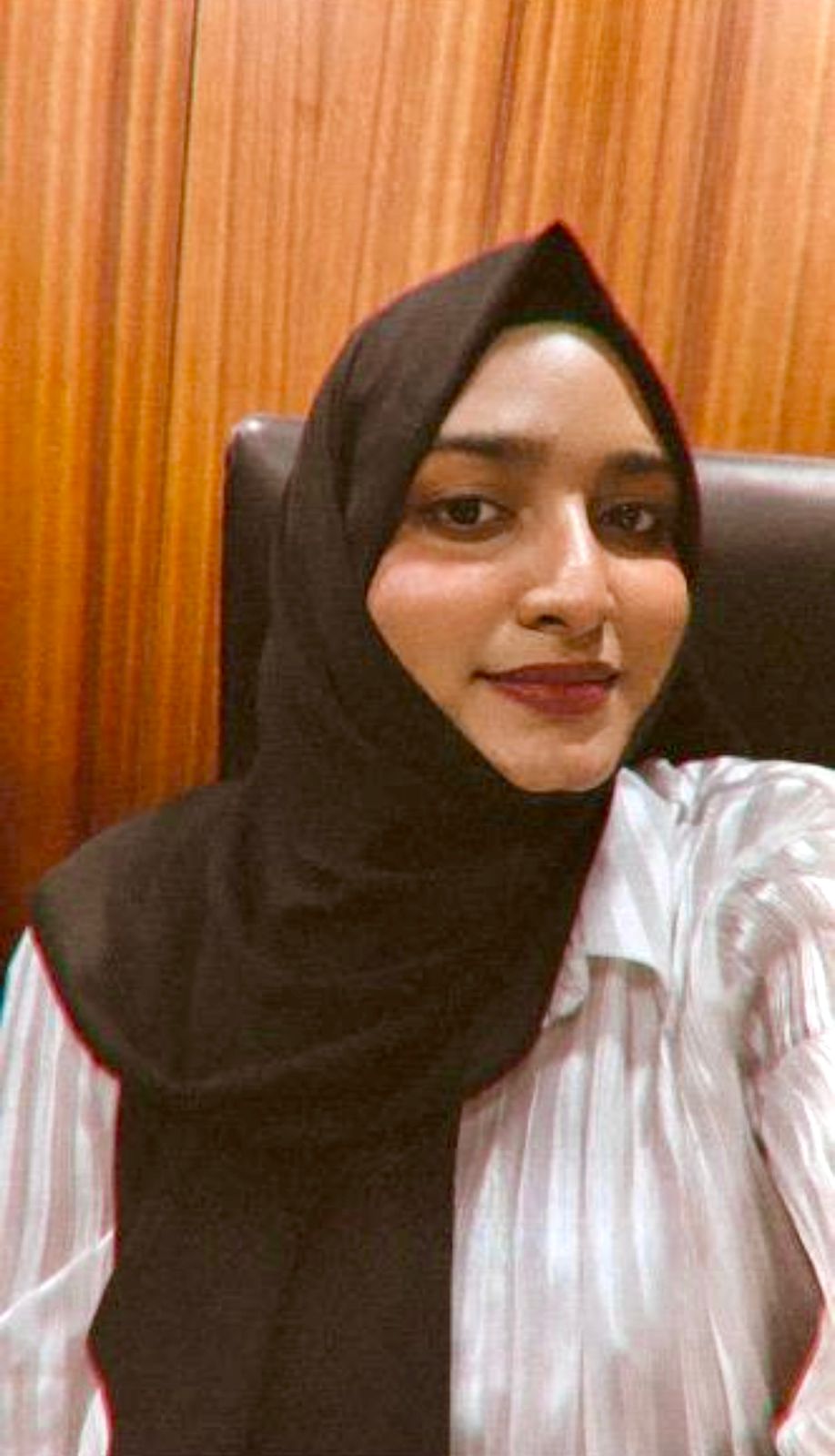Allahabad HC Sets Aside Afzal Ansari's Conviction, Allows Him to Continue as MP

The Supreme Court, with Justices Vikram Nath and Sandeep Mehta presiding, raised significant concerns regarding the treatment of ‘persons with disabilities’ (PWD) who achieve the general category cut-off in public education and employment. The Court observed that despite meeting these standards, such candidates are often still classified under reserved categories, resulting in the loss of upward mobility in merit-based rankings and opportunities.

Facts :
The Bench explained that refusing to recognize PWD candidates as general category members or denying them upward movement in rank lists may cause lower-scoring PWD candidates to miss out on reserved seats.
The Court elaborated that in caste-based reservations, candidates who surpass the general category cut-off are treated as part of the general category rather than being recruited against reserved seats, allowing lower-scoring candidates from reserved categories to fill those positions.
It underscored the discrepancy by stating, "We are informed that it is a matter of concern that the same treatment, that is, the upward movement, is not provided to persons with disabilities who, in spite of standing higher in merit, are denied such upward movement (in the rank list)," emphasizing the unfairness in current practices.
Further, the Court emphasized that such denial contradicts the purpose of reservations under Section 34 of the Rights of Persons with Disabilities Act, 2016 (RPWD Act), and directed the Central government to report on measures taken to address this issue by October 14.
The Court demanded clarification: "We require the Union to explain whether appropriate measures have been taken to provide upward movement of meritorious candidates applying against the post reserved for persons with disability, in case such candidate secures more than cut-off for the unreserved category. The same principle must also be applied to promotions. Such considerations must be guided by the overarching aim that the true and substantive benefit of reservations reaches those most in need, ensuring that no person with disability is ignored for his rightful claim to the posts invariably due to the compounded barriers of stigma and lack of access."
Highlighting the constitutional values of equality, dignity, and inclusion, the Court noted that the benefits of reservations must neither be diluted nor denied to those who genuinely need them.
In addition to these directives, the Supreme Court asked eight National Law Universities (NLUs) across Delhi, Bengaluru, Jodhpur, Kolkata, Patiala, Mumbai, Gauhati, and Lucknow to assist in monitoring the flagged issues through an initiative named ‘Project Accessibility Empowerment’.
The NLUs are responsible for managing logistics and will submit a report to the Court within six months.
This ongoing matter is scheduled for further hearing in March 2026.
Case Details : Justice Sunanda Bhandare Foundation v. Union of India

Anam Sayyed
4th Year, Law Student
Latest Posts
Categories
- International News 19 Posts
- Supreme Court 352 Posts
- High Courts 366 Posts




























































































































































































































































































































































































































































































































































































































































































































































